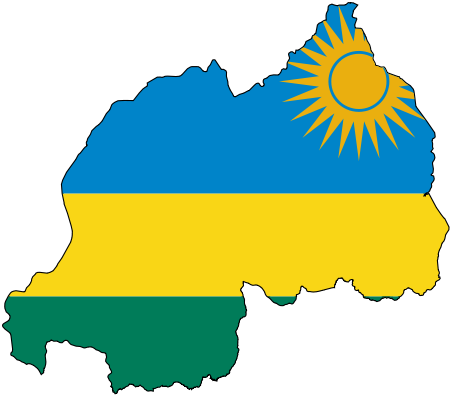Critical-Zone Collaborative Network
NSF seeks proposals to establish an adaptive and responsive research network that supports investigations of the Earth’s Critical Zone.
This network will consist of two components that will work together to advance knowledge, education, and outreach in this convergent science:1) Thematic Clusters of fixed or temporary locations will conduct basic research on significant, overarching scientific questions concerning the structure, function, and processes of the Critical Zone.
These U.S.-based Clusters could include existing observatories engaged in collecting environmental data, other monitoring locations that have been in operation for extended periods of time, and new sites that will support the scientific goals of the Cluster;2) A Coordinating Hub that will oversee the compatibility and archiving of the data resulting from the Thematic Clusters, coordinate outreach and community-building activities, support the use of network facilities by outside researchers, and plan for infrastructure needs of the network.
This solicitation invites proposals for either of the two components:
1) Thematic Clusteror 2) Coordinating Hub.
The Thematic Clusters will carry out interdisciplinary research on scientific questions and manage part of the network infrastructure; the Coordinating Hub will serve as the national center for the network.
The infrastructure of thenetwork will be accessible to other research teams pursuing research in the Critical Zone.
This network will consist of two components that will work together to advance knowledge, education, and outreach in this convergent science:1) Thematic Clusters of fixed or temporary locations will conduct basic research on significant, overarching scientific questions concerning the structure, function, and processes of the Critical Zone.
These U.S.-based Clusters could include existing observatories engaged in collecting environmental data, other monitoring locations that have been in operation for extended periods of time, and new sites that will support the scientific goals of the Cluster;2) A Coordinating Hub that will oversee the compatibility and archiving of the data resulting from the Thematic Clusters, coordinate outreach and community-building activities, support the use of network facilities by outside researchers, and plan for infrastructure needs of the network.
This solicitation invites proposals for either of the two components:
1) Thematic Clusteror 2) Coordinating Hub.
The Thematic Clusters will carry out interdisciplinary research on scientific questions and manage part of the network infrastructure; the Coordinating Hub will serve as the national center for the network.
The infrastructure of thenetwork will be accessible to other research teams pursuing research in the Critical Zone.
Obtain Full Opportunity Text:
NSF Publication 19-586
Additional Information of Eligibility:
*Who May Submit Proposals: Proposals may only be submitted by the following: -Non-profit, non-academic organizations: Independent museums, observatories, research labs, professional societies and similar organizations in the U. S. associated with educational or research activities.
-Institutions of Higher Education (IHEs) - Two- and four-year IHEs (including community colleges) accredited in, and having a campus located in the US, acting on behalf of their faculty members.Special Instructions for International Branch Campuses of US IHEs: If the proposal includes funding to be provided to an international branch campus of a US institution of higher education (including through use of subawards and consultant arrangements), the proposer must explain the benefit(s) to the project of performance at the international branch campus, and justify why the project activities cannot be performed at the US campus.
Full Opportunity Web Address:
http://www.nsf.gov/publications/pub_summ.jsp?ods_key=nsf19586
Contact:
Agency Email Description:
If you have any problems linking to this funding announcement, please contact
Agency Email:
Date Posted:
2019-05-31
Application Due Date:
Archive Date:
2020-01-01
Social Entrepreneurship
Spotlight
Rwanda as Social Entrepreneur Fund Beneficiary

The Republic of Rwanda has been picked as one of the six African countries as beneficiaries for a new fellowship fund program designed at supporting social entrepreneurs in tackling issues on food security.

